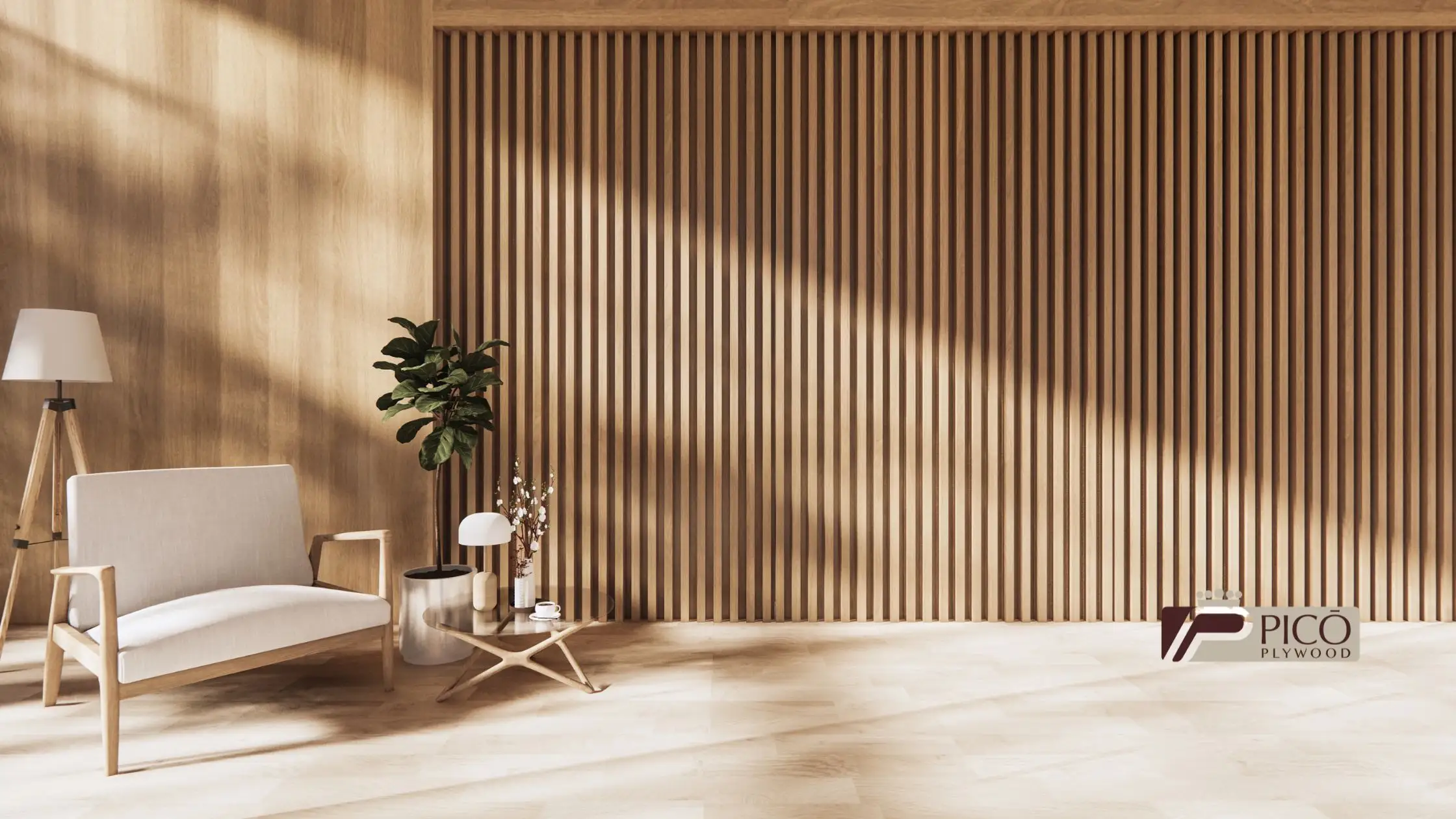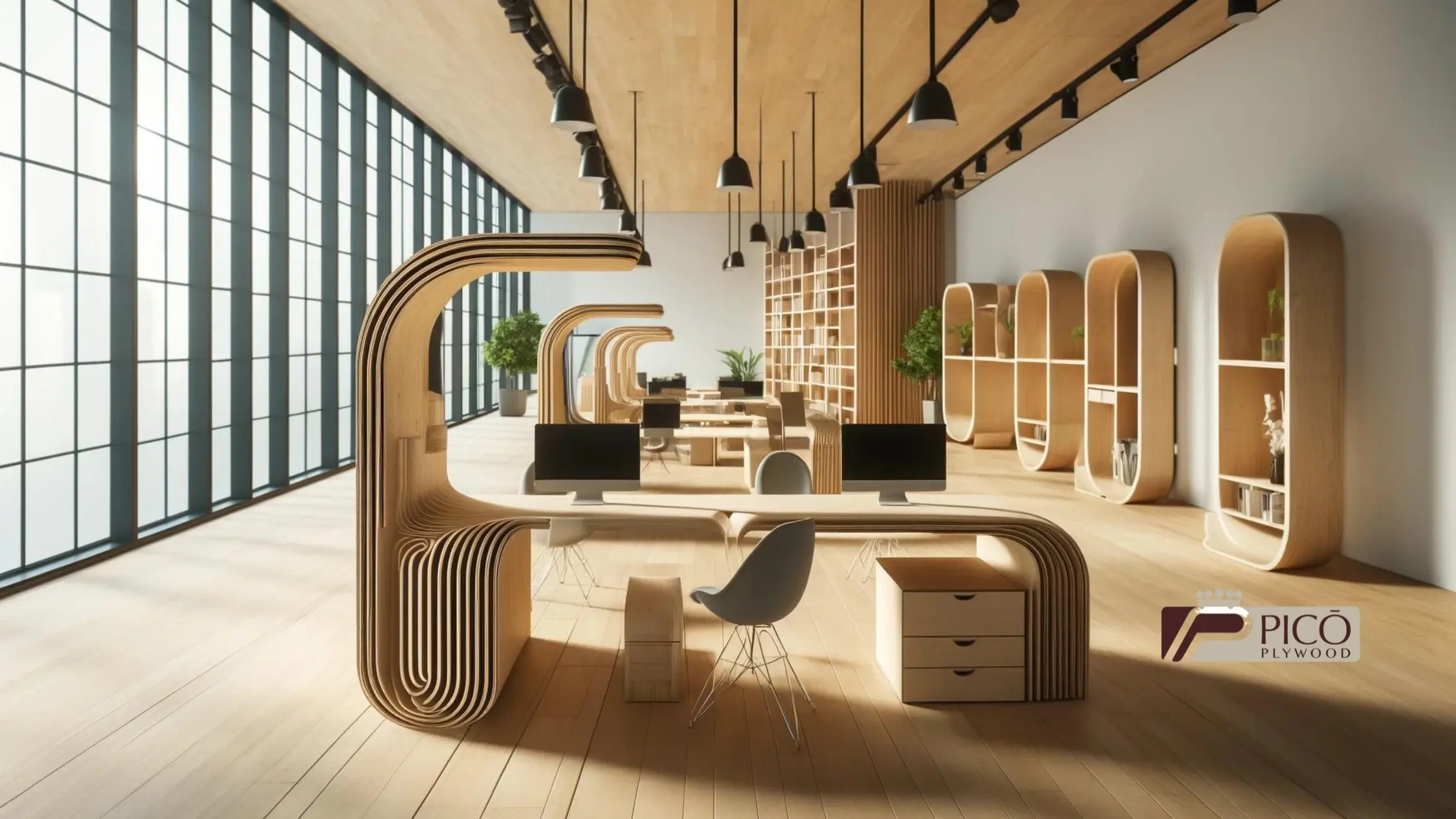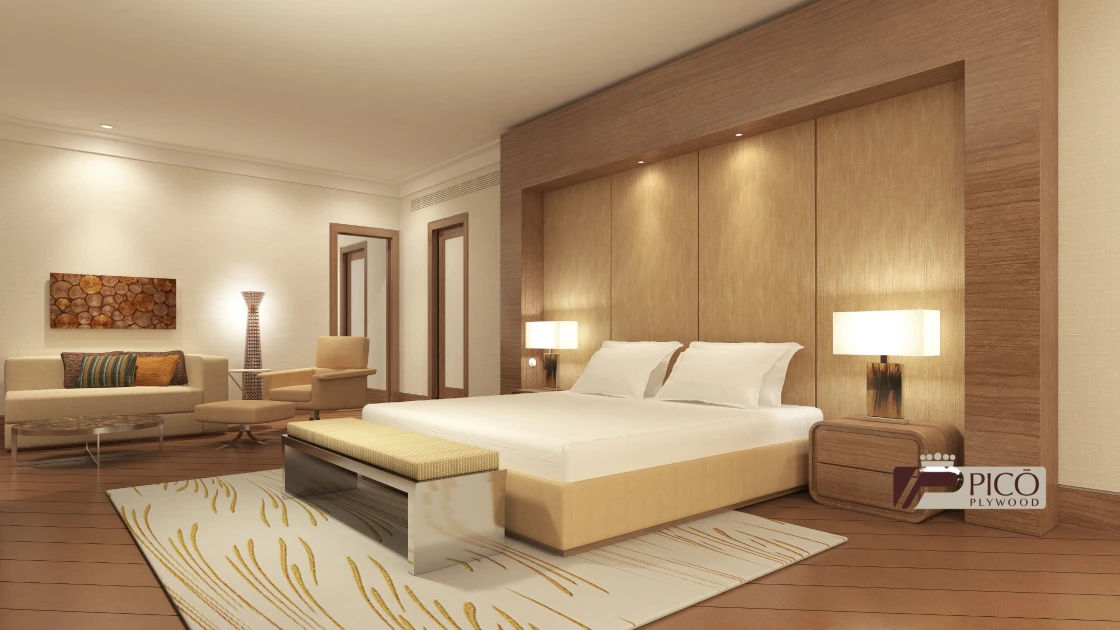Understanding Plywood: A Comprehensive Guide
Introduction
Plywood is a versatile and widely used building material known for its strength, durability, and ease of use. In this blog post, we will explore in detail what plywood is, its composition, manufacturing process, types, applications, and the advantages it offers. Let’s dive in!
What is Plywood?
Composition and Manufacturing Process
Plywood is a type of engineered wood panel made by bonding several thin layers, known as veneers, of wood together. These veneers are typically peeled from logs or sliced from larger sheets of wood. Each veneer is usually around 1 to 3 millimeters thick.
To create plywood, the veneers are arranged with the grain direction of adjacent layers perpendicular to each other. This cross-grain configuration provides plywood with increased strength and stability compared to solid wood. The veneers are then bonded together using adhesives, such as phenol formaldehyde or urea formaldehyde resin, and subjected to high pressure and heat in a process called hot pressing.
Types of Plywood
There are various types of plywood available, each designed to meet specific requirements and applications. Some common types include:
Softwood Plywood: Made from softwood species like pine or fir, this type of plywood is commonly used in construction, furniture, and packaging.
Hardwood Plywood: Manufactured from hardwood species like birch, oak, or maple, hardwood plywood is known for its strength, durability, and attractive appearance.
Marine Plywood: Marine plywood is specially designed for use in humid and wet environments. It has enhanced water resistance and can withstand exposure to moisture without warping or delaminating.
Exterior Plywood: Exterior plywood is treated with special preservatives to make it resistant to decay and suitable for outdoor applications such as siding, roofing, and decks.
Interior Plywood: Interior plywood is used for indoor applications such as cabinetry, furniture, and decorative paneling. It may have a finer finish and can be made with hardwood or softwood veneers.
Advantages of Plywood
Strength and Durability
Plywood’s cross-grain construction provides it with exceptional strength and dimensional stability. It distributes stress evenly across the panel, making it less prone to warping, cracking, or splitting compared to solid wood. This strength and durability make plywood suitable for various structural applications.
Wide Range of Sizes and Thicknesses
Plywood is available in a wide range of sizes and thicknesses, making it adaptable to different project requirements. From thin panels used for furniture construction to thicker sheets used in construction, plywood offers versatility and flexibility.
Enhanced Stability
The cross-grain configuration of plywood gives it improved stability compared to solid wood. It exhibits minimal expansion and contraction due to changes in temperature and humidity, making it a reliable choice for applications where dimensional stability is crucial.
Ease of Use
Plywood is easy to work with and can be cut, drilled, and shaped using standard woodworking tools. It is also lighter in weight compared to solid wood, making it easier to handle and transport.
Cost-Effective
Plywood is generally more affordable than solid wood, making it a cost-effective option for a wide range of applications. Its durability and longevity also contribute to its overall value.
Applications of Plywood
Plywood finds extensive use in various industries and applications, including:
Construction: Plywood is widely used in construction for applications such as flooring, roofing, walls, and formwork. Its strength, stability, and ease of installation make it a preferred choice for builders.
Furniture: Plywood is a popular choice for furniture manufacturing due to its versatility, durability, and attractive appearance. It is used in making cabinets, tables, chairs, and other pieces of furniture.
Cabinetry and Millwork: Plywood is commonly used for kitchen cabinets, bathroom vanities, and other custom millwork projects. Its stability and ability to withstand changes in humidity make it an ideal choice for these applications.
Packaging: Plywood is utilized in packaging materials, such as crates and pallets, due to its strength and protective capabilities. It ensures the safe transportation of goods across various industries.
Automotive and Aircraft Interiors: Plywood is used in the interiors of automobiles, aircraft, and boats. Its lightweight nature and structural integrity make it suitable for applications like flooring, wall panels, and cabinetry.
Why Choose Picó Plywood?
Quality Assurance
Picó Plywood is committed to providing high-quality plywood products. Our stringent quality control processes ensure that each sheet of plywood meets or exceeds industry standards.
Wide Range of Options
We offer a diverse range of plywood products to cater to different project requirements. Whether you need marine plywood, hardwood plywood, or specialized panels, we have the right solution for you.
Sustainable Practices
We prioritize sustainability and environmental responsibility. Our plywood is sourced from responsibly managed forests, and we strive to minimize waste and reduce our ecological footprint.
Customer Satisfaction
At Picó Plywood, customer satisfaction is our top priority. We are dedicated to providing exceptional service, technical support, and assistance throughout your project.
Contact Us
To learn more about our plywood products or discuss your specific project needs, please don’t hesitate to contact us. We are here to help you make the right choice for your plywood requirements.
Conclusion
Plywood is a versatile and reliable building material that offers numerous advantages for a wide range of applications. Its strength, durability, and ease of use make it a preferred choice for construction, furniture, and many other industries. Choose Picó Plywood for high-quality products and exceptional service. Contact us today to explore our plywood solutions for your next project.












